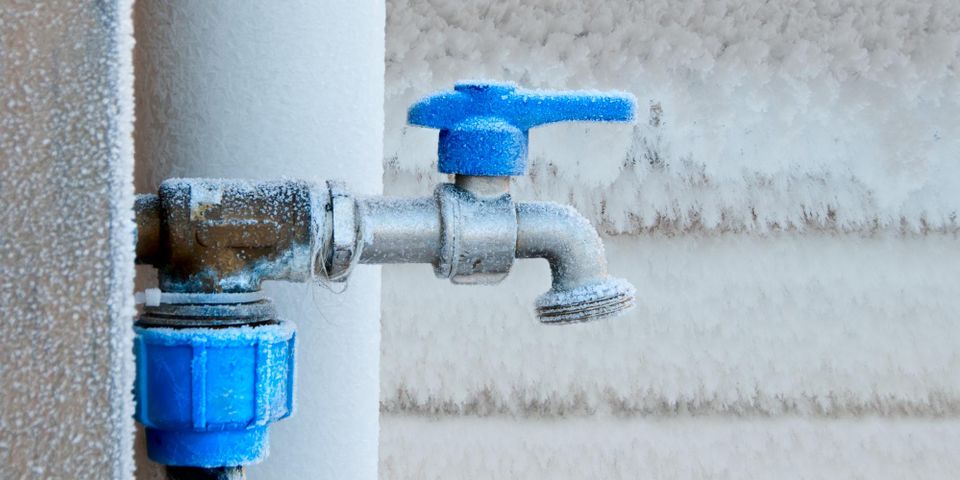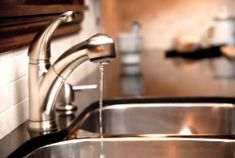
Frozen pipes are a common winter plumbing issue, and they can cause significant problems for your household. When water freezes inside a line, it is at risk for bursting, which could lead to damaging leaks inside your home. Consult the brief guide below to learn about this plumbing issue and how you can prevent it.
Why Do Pipes Freeze?
When water remains inside a pipe during the winter, it can freeze. The ice inside the line takes up more room than its liquid form, which causes the pipe to expand. The ice will reduce or block water flow, causing pressure to build inside the tube and eventually burst.
Pipes exposed to low temperatures without insulation are prone to freezing, including plumbing in crawl spaces, garages, attics, and kitchen cabinets. Lines fixed to the exterior of the house are also at risk for freezing.
How Can I Prevent Pipes From Freezing?
 A burst pipe is highly inconvenient because it requires plumbing repairs and could cause water damage inside your house. You can prevent frozen pipes by providing heat to vulnerable areas.
A burst pipe is highly inconvenient because it requires plumbing repairs and could cause water damage inside your house. You can prevent frozen pipes by providing heat to vulnerable areas.
For instance, if you have a water line inside your garage, keep the door closed to block the cold. It is also best to open the kitchen cabinets so warmth from the home’s heating system can fill the space.
Another way to prevent your pipes from freezing is to allow water to drip from the faucets on frigid days. It is more difficult for flowing water to freeze than stagnant water.
About the Business
Have a question? Ask the experts!
Send your question

